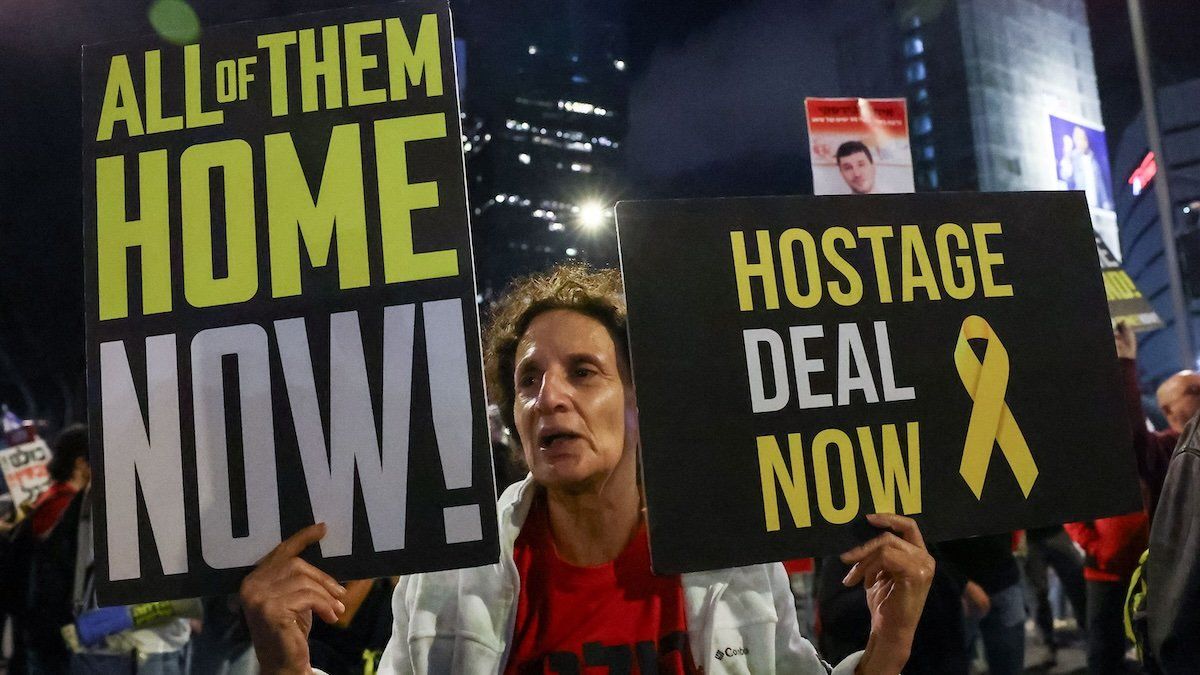Cease-fire negotiations between Israel and Hamas seemingly took a bad turn on Wednesday. In recent days, the US presented a plan calling for a six-week cease-fire, during which Hamas would release 40 Israeli hostages in exchange for 900 Palestinian prisoners currently in Israeli jails. But Hamas reportedly rejected the proposal and planned to present its own path for ending the war.
Then, late Wednesday, more alarming news broke with Hamas reportedly telling negotiators it doesn’t have 40 hostages who meet the criteria for the initial phase of a proposed temporary cease-fire in Gaza.
Where are the remaining hostages, and how many are still alive? Roughly 250 people were taken hostage when Hamas attacked Israel on Oct. 7, 2023, and killed roughly 1,200 people. Dozens were released during a temporary truce in November.
According to Israel, 133 hostages remain in captivity — though 36 are confirmed dead. Other militant groups, like Palestinian Islamic Jihad, are thought to be holding some hostages. Whether Hamas knows where they are — and whether it can convince such groups to hand them over — is one of the big issues looming over the truce negotiations.
The hostages are Hamas’ primary bargaining chip in the talks that have dragged on for weeks. Israeli Prime Minister Benjamin Netanyahu is under intense pressure from the families to bring them home.
If Hamas can’t locate them, truce talks will likely remain at an impasse. And if many or most hostages are dead, it could give Bibi incentive to take an even more brutal approach to a war that’s already estimated to have killed more than 33,000 Palestinians — including more than 13,000 children.
Netanyahu has repeatedly said he aims to destroy Hamas, though this is widely viewed as unachievable. Meanwhile, President Joe Biden says Bibi’s approach to the war has been a “mistake,” in yet another sign that the US is losing patience with the Israeli leader.
We’ll be watching for news on the fate of the hostages and how it will impact Israel’s approach to the war.
